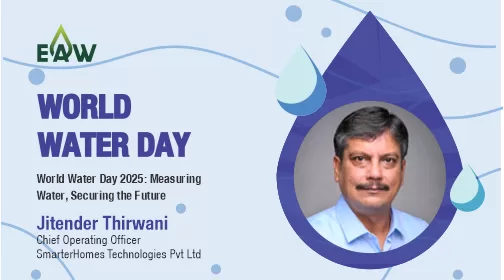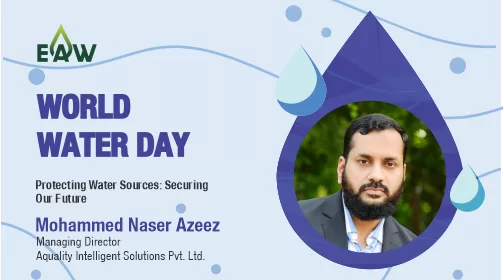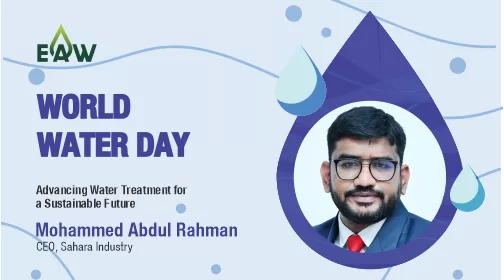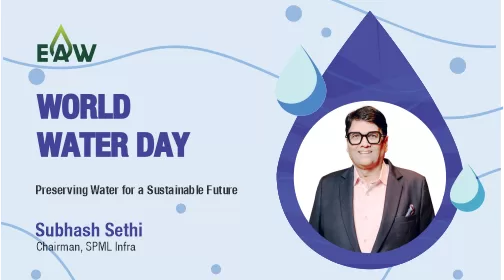Water is the silent force that sustains life, yet its scarcity is becoming one of the greatest challenges of our time. We speak of conservation, sustainability, and responsible usage—but how can we truly protect what we do not measure?
This World Water Day, it’s time to shift the conversation. For decades, we have managed water based on estimates and assumptions, treating it as an abundant resource rather than a finite one. But what isn’t measured cannot be controlled, and what isn’t controlled cannot be saved.
From households to industries, from cities to entire nations, measurement is the foundation of responsible water management. It is the key to understanding patterns of consumption, identifying wastage, and ensuring that every drop is used where it matters most. Whether it is detecting leaks before they become crises, balancing supply and demand efficiently, or ensuring fair distribution, data is our most powerful tool in safeguarding water for the future.
The need to measure is not just about conservation—it is about accountability. It is about empowering individuals and communities to make informed choices, about helping decision-makers craft policies rooted in precision rather than speculation. It is about transforming water from an overlooked necessity into a carefully managed asset.
This World Water Day 2025, let us ask ourselves: Are we still relying on guesswork, or are we ready to take control? Because the path to a sustainable water future begins with one simple yet profound step—measuring what we use, so we can protect what we need.
By Jitender Thirwani, Chief Operating Officer at SmarterHomes Technologies Pvt Ltd.





